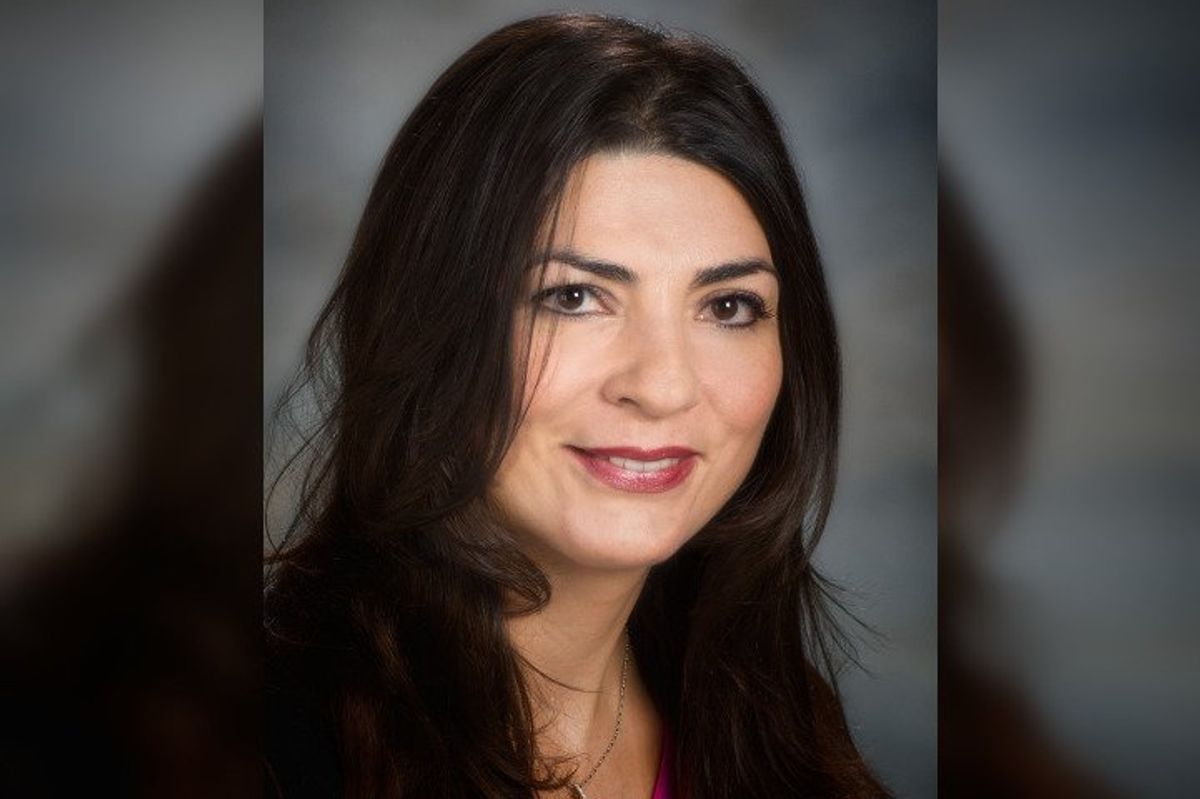Unique cell therapy developed in Houston doses inaugural patient
cancer-fighting innovation
Replay, a genome-writing company headquartered in San Diego, has announced that its first patient has been dosed with an engineered T-Cell Receptor Natural Killer (TCR-NK) cell therapy for relapsed or refractory multiple myeloma.
What does that have to do with Houston? Last year, Replay incorporated a first-in-class engineered TCR-NK cell therapy product company, Syena, using technology developed by Dr. Katy Rezvani at The University of Texas MD Anderson Cancer Center.
Rezvani, a professor of stem cell transplantation and cellular therapy, is the force behind MD Anderson’s Rezvani Lab, a group of 55 people, all focused on harnessing natural killer cells to combat cancer.
“Everybody thinks that the immune system is fighting viruses and infections, but I feel our immune system is capable of recognizing and killing abnormal cells or cells that are becoming cancerous and they're very powerful. This whole field of immunotherapy really refers to the power of the immune system,” Rezvani tells InnovationMap.

At Rezvani Lab, scientists train immune cells to fight cancer. While cancer drugs like chemotherapy are still the norm, immunotherapy has gained ground, led by Houston research, including the work of Nobel laureate Jim Allison. The harnessed cells are taught to attack cancerous cells, while ignoring healthy ones, says Rezvani. “We’re turning them into heat-seeking missiles,” she explains.
However, there must be a beacon to signal to those “missiles” that there is something to attack. Much of the field has used chimeric antigen receptors (CARs) to achieve that. But they have limitations.
“CARs can only recognize beacons that sit on the surface of the tumor cells,” Rezvani says. “So basically, it's like the tumor cell has to have a hat on it.”
She says that this usually means that the targets that send off a signal are relatively limited, mostly blood cancers. Using T cell receptors (TCRs) may be able to open up the field to look beyond the “hat.” In other words, TCRs can peer inside cells and see what differentiates a tumor cell from healthy cells. With Replay, Rezvani Lab has developed a first-in-class and first-in-human approach of engineering natural killer cells to express the TCR.
There are six different FDA-approved products that use CAR-T cells, but Rezvani says that her TCR-NK-based technology, though still in its early phases, shows great promise.
“We could use it to target many different types of antigens, many different types of cancers, especially solid tumors," she explains. "These cell therapies have a lot of potential — we call them living drugs… It's not like chemotherapy where you have to keep giving different multiple cycles, these cells are very long lived.”
Rezvani, who started her career in London, says that Houston has been instrumental in the success of her lab.
“There are so many opportunities because we have access to some of the most brilliant minds in research,” Rezvani says. “We have some of the best clinicians in the world. We have patients who come to us who are willing to participate in our clinical trials — really put their trust in us — and are committed and want to participate in these clinical studies.”
The role of funding also plays a part. As Rezvani admitted, bringing a new technology to the market is expensive. The philanthropists who help support trials can’t be forgotten among Houston’s finest.
Whether or not Syena produces the first TCR-NK product on the market, Rezvani is enthusiastic and hopeful for the future of her patients.
“The field of immunotherapy is really expanding, the field of cell therapies is expanding, and there is so much promise,” she says. “The promise of AI, big data, all the engineering tools that we have available, the promise of CRISPR — all of that is going to bring what we've learned from biology, from basic science, together to help us make the cell therapies that are going to be safe and and also very effective for our patients.”
- Texas nonprofit cancer research funder doles out millions to health professionals moving to Houston ›
- 4 Houston academic inventors receive prestigious national honor ›
- Houston hospital launches partnership with venture-backed therapeutics startup ›
- Retired tech leader makes $16.25M donation to Houston health care organization ›
- MD Anderson, UT team up to expand medical school ›





 Apple doubles down on Houston with new production facility, training center Photo courtesy Apple.
Apple doubles down on Houston with new production facility, training center Photo courtesy Apple.